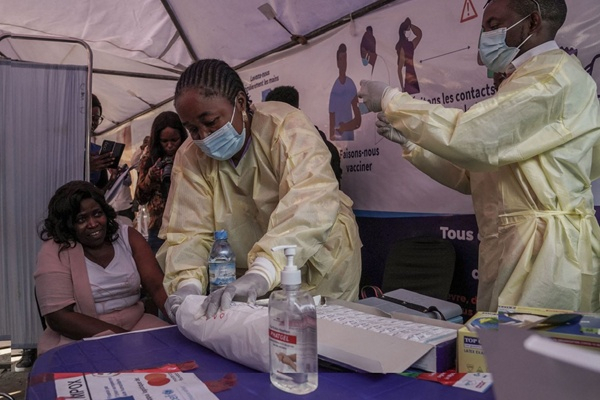The Democratic Republic of Congo (DRC) is managing the ongoing mpox epidemic. According to the Ministry of Health, for the week ending October 19, 2024, only 17 out of 688 suspected cases were confirmed, with one death reported. This results in a case-fatality rate of 0.0014%, down from 1.2% the previous week.
Thanks to support from several donors, the country has obtained vaccines for its first vaccination campaign. However, experts from the World Bank say there are still many needs. "The available vaccines cover no more than 10% of the country's needs. This situation is the same for communication and community-based surveillance," one World Bank expert noted.
To tackle this crisis, the government announced a special intervention of $10 million, but recent data shows that only $2.5 million has been disbursed so far. How well the country can control the disease will impact budget execution not just in late 2024 but also in 2025.
Dealing with diseases like mpox requires significant spending on vaccines and logistics, part in foreign currency. However, international aid is often slow to arrive. During the Covid-19 pandemic, for example, the DRC had to exceed its health fund commitments by 1,348%.
While the country is currently stable, with foreign exchange reserves covering 3.4 months of imports and external public debt at 9.8% of GDP in 2023, rising population needs and security issues in the northeast are putting pressure on the budget. Although donors can provide additional resources, these have often been insufficient.
The recent decline in mpox cases is positive news for budget management since it reduces the risk of funds being redirected from other important areas, like public investment, to fight the disease.
Georges Auréole Bamba










